Among Mainstream Movies, the 2014 crown is currently a two-flick race: Richard Linklater’s Boyhood versus David Fincher’s Gone Girl. No doubt, we’ll see some sharp competition as we head into Serious Films season (read: November and December), but our temporary leaders deserve a late-October boxing match before we all drown in Oscar positioning and award-baiting. Let’s break this down in six rounds.
Round #1: Accessibility
Boyhood opens softly, but confidently. We start with a shy six-year-old, who is staring in wonder at the clouds above. He’s marveling about the size of the universe, or maybe he’s just daydreaming about Legos. The film is at once dream-like and ordinary, depicting glimmers of youthful imagination next to things utterly ordinary. We may not be enraptured right away, but the emotional beats seep in slowly and steadily.
Conversely, Gone Girl opens with the deliberate thumps of a heartbeat, ticking off its title sequence, then cutting, almost rhythmically, from one scene to the next. The pulse quickens, then stalls, then skips a beat, all in the first five minutes. The control here is classic David Fincher: tight, unswerving, even treacherous.
Boyhood’s first ten minutes will leave you in a fuzzy state of wonderment, but Gone Girl’s will haunt you. Here, spookiness beats coziness.
Winner: Gone Girl
Round #2: Acting
Meanwhile, Gone Girl’s Ben Affleck plays the dopey, misunderstood Nick about as well as any character he’s ever played, which is to say, merely competently. Like Keanu Reeve’s Neo in The Matrix, you tend to feel like the role is bailing out the actor, the character’s shortcomings perfectly matched to the actors’. Nick is by turns moody and eager to please, frank one moment, inscrutable the next. In other words, he’s Ben Affleck. The performance is neither memorable nor offensive—capable, but never compelling. We’ll call the leading man debate a wash.
The supporting roles, conversely, are all quite good, from Boyhood’s Ethan Hawke (goofy, surprising, rebellious) to Gone Girl’s Kim Dickens (the shrewd, skeptical, small-town detective). My personal favorite? Gone Girl’s Tyler Perry, who plays the flashy lawyer with a $100,000 smile. Once again, the two films fight to a draw.
In the end, then, it comes down to the two most prominent female roles: Patricia Arquette as Mason’s mom in Boyhood versus Rosamund Pike as Nick’s wife in Gone Girl. Arquette delivers a raw, pragmatic performance, trying to do right, to find love, to raise her children correctly even as her own life bends, breaks, or even shatters. With a burst of desperation in her final scene, Arquette underscores an already stellar showing, proving the best, most memorable character in the film. It’s a near-flawless performance.
Pike’s Amy Dunne, in contrast, is delightfully nasty, then sickly sweet, then venomous, a role that sidles up to the cliffs of caricature, before tumbling off merrily, even deliberately. I wanted to be mesmerized by Amy Dunne, but I ended up incredulous. Arquette wins this round for Boyhood.
Winner: Boyhood
Round #3: Technical Merit
Fincher, meanwhile, shows us every jagged edge, every seam, but all in service to his confident, unwavering mastery of the material. Fincher’s framing, pace and cuts are precise, sharp and even diabolical. He dares us to keep up, then leaves us behind if we can’t.
So which deserves the award for technical merit? The artist or the scientist? The poet or the military commander?
In the closest call yet, I have to give the edge to Fincher (Gone Girl). Linklater’s free-spirit approach is bold, daring and successful, but its true strengths are artful, not technical (which we’ll see shortly). On technical merit alone, Gone Girl’s precision triumphs.
Winner: Gone Girl
Round #4: Storytelling
With Gone Girl, Fincher sets out to make the ultimate detective procedural. We get (literal) clues, a hard-boiled investigator, a skeptical sidekick, and some tempting red herrings. Every once in awhile, the proceedings threaten to become formulaic, but Fincher adds a touch of humor or an ounce of dread at just the right time. We’ve seen it all before, but we’ve rarely seen it done this well before.
But then Fincher goes further, turning the murder mystery on its head just halfway through the film. As the story winds and twists through its second half, Gone Girl becomes all the more devious, daring us to move, to breathe. The interrogations become ragged and desperate. The music grows harsher and more grating. And then, just before the film’s emotional (and physical) climax, we wait in petrified silence—for five unsettling minutes, the film’s world is calm. You simply won’t find this sort of commanding, confident control in any modern detective series.
Meanwhile, Linklater’s Boyhood throws out the typical “coming of age” tale. Sure, we’re watching a boy become a man, but we miss all the familiar, dramatic moments. Where is the life-altering car crash? The first sexual encounter? Hell, I’d at least expect a rousing speech at high school graduation.
Boyhood has none of these things. Instead, we simply watch Mason’s life in all of its mundane, silly and organic moments. We don’t see Mason at his high school graduation, but we do watch as he drives home afterward, chatting casually with his high school buddy. We don’t watch Mason visiting classes at a potential college, but we laugh as he chats with his older sister later in a local bar. What’s more, Linklater sees fit to linger with his characters, longer than Hollywood would normally advise. Fincher might cut constantly, but Linklater stays put, letting Mason sit for ten, fifteen seconds longer, after the primary action of a scene has played out. These small moments say more about Mason’s life than a big party or funeral service ever could. For Linklater, it must have been a risky decision, but it says more about the human experience than even Fincher’s most dastardly edits. Boyhood tells the more human story.
Winner: Boyhood
Round #5: Cultural Resonance
Boyhood, however, taps into something even deeper...and more eternal. What is it like to grow up? Why does our memory work the way it does, with seemingly arbitrary moments dotting the landscape of our past? Do we want to be the hero, or do we just want to walk with everyone else? (Watch Boyhood’s trailer again, and listen to the lyrics—a perfect match.) Boyhood’s themes don’t pester us the same way that Gone Girl’s do. But boy do they stick. I imagine I’ll puzzle over Boyhood’s quiet questions for years to come. With Gone Girl? I had two or three lively debates about marriage and love, but beyond that, I’m just about ready to move on.
Winner: Boyhood
Round #6: Oscar Potential
Boyhood likely has the better outside shot of a Best Picture nomination, if only because the Academy loves a good off-camera story. If Matthew McCounaughy can win for losing a bunch of weight off-screen, Boyhood might be considered for its epic, 12-year-long production schedule. I also think Arquette is the one possibility for any of the acting awards, so throw another bullet in Boyhood’s column there too.
Meanwhile, Gone Girl is much more likely to receive a nomination for a technical category, like film editing or original score (in my mind, Gone Girl’s musicians--Trent Reznor and Atticus Ross—do cinematic music better than anyone in the business). If I were betting strictly on “which film is more likely to win at least something," I’d go with Gone Girl for this reason.
The tie-breaker, appropriately, is Best Director. Unfortunately, I see this as a toss-up. For now, I’ll just predict that only one of the two will be nominated, but whomever it is won’t win, and regardless of what happens, I’ll be upset. Whether this is an accurate assessment of the Academy Awards today or my own cynicism getting the best of me, I’m calling this a tie and leaving it at that.
Winner: Tie
Overall
Overall Winner: Boyhood


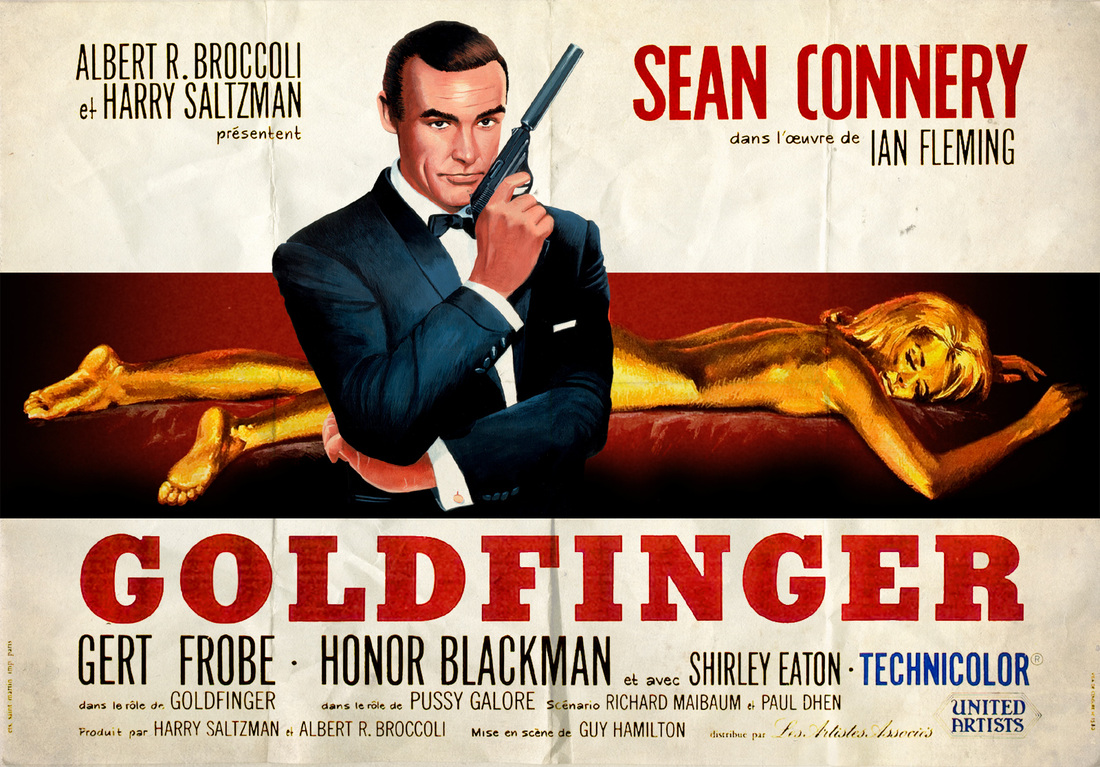
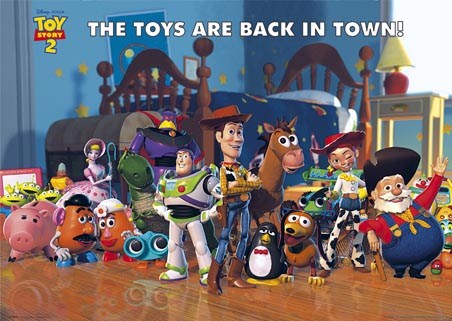



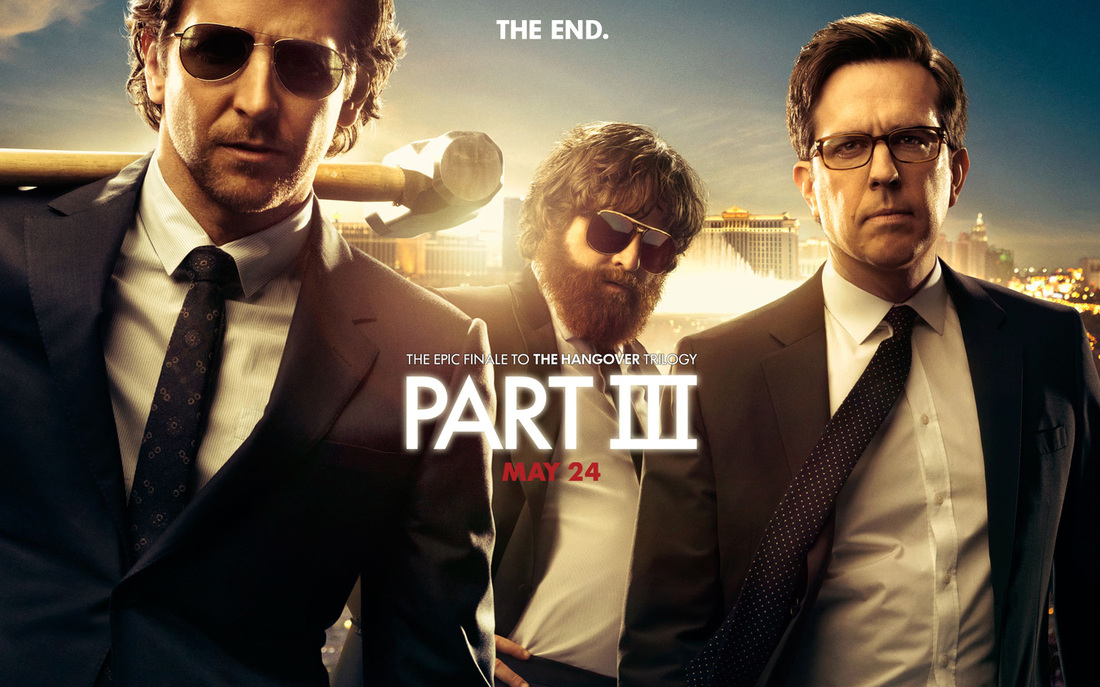
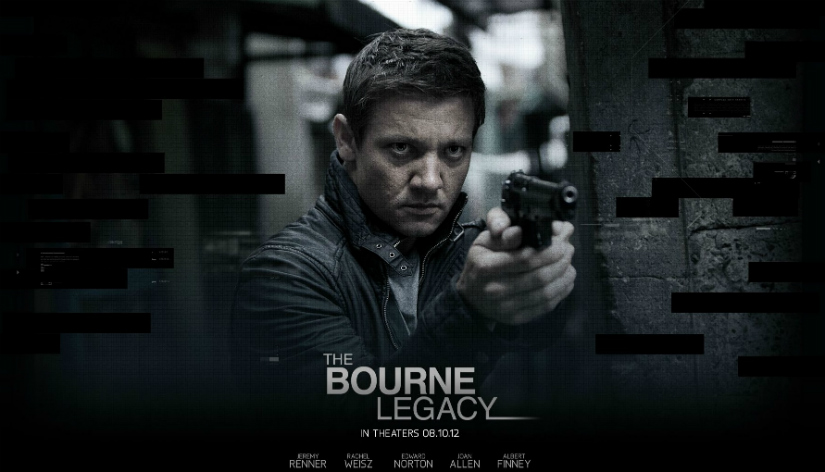

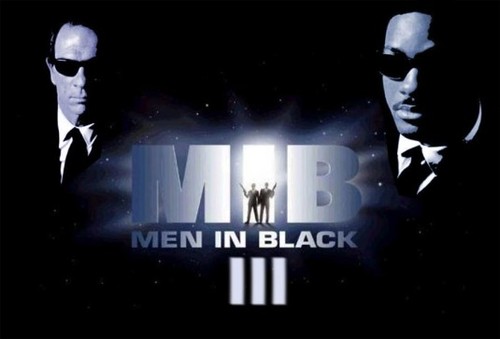

 RSS Feed
RSS Feed
